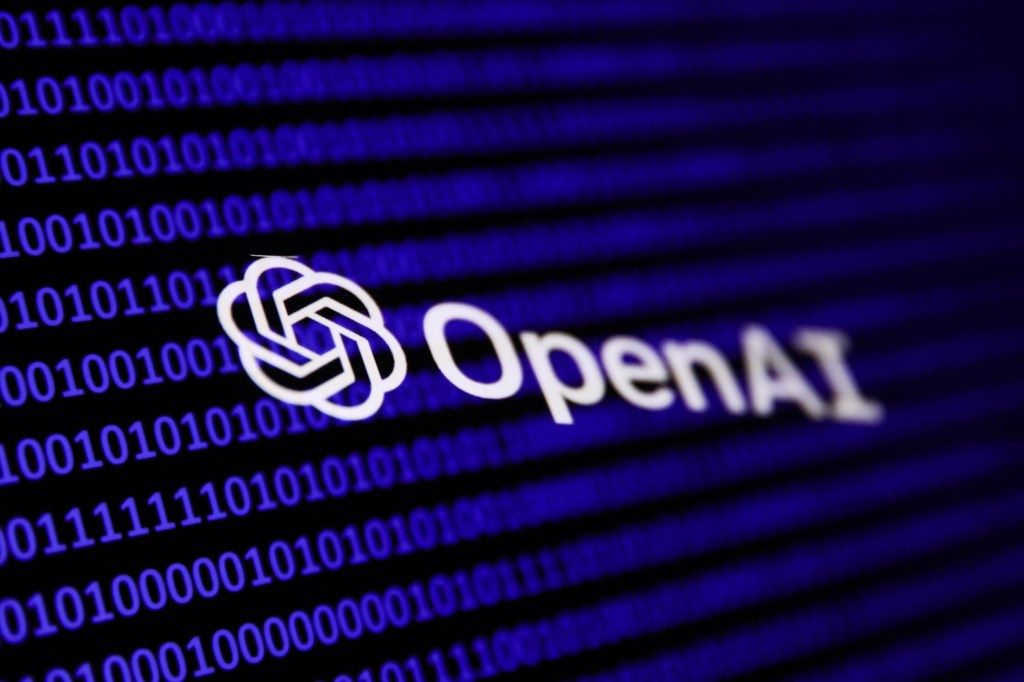
ChatGPT's Evolving Image Generation Policies: Less Censorship?
OpenAI is taking a bold step by relaxing its content moderation policies for ChatGPT's image generator, moving away from blanket refusals towards a more nuanced approach.
This shift allows ChatGPT to generate images of public figures, previously restricted racial features, and even potentially hateful symbols, provided they are used in educational or neutral contexts and do not promote extremism.
Key Policy Changes
The updated policy marks a significant change in OpenAI's approach to content moderation. Previously, ChatGPT would reject prompts involving public figures like Donald Trump or Elon Musk, or those requesting modifications to physical characteristics. Now, the platform can handle these requests.
According to Joanne Jang, OpenAI's model behavior lead, this evolution aims to prevent real-world harm while embracing humility, acknowledging the company's learning process and adapting to new information.
This move aligns with OpenAI's broader goal of "uncensoring" ChatGPT, allowing it to handle more diverse requests and offer a wider range of perspectives. However, it's not a free-for-all. Safeguards remain, especially concerning images of children, with GPT-4o having stricter rules than its predecessor, DALL-E 3.
Navigating Copyright and Creative Styles
ChatGPT can now mimic the styles of creative studios like Pixar or Studio Ghibli, opening new possibilities for image generation. However, it still avoids imitating the styles of individual living artists, potentially reigniting the debate surrounding fair use of copyrighted works in AI training datasets.
The Broader Context and Potential Implications
OpenAI's decision comes amid increasing scrutiny of AI content moderation, with some critics alleging "censorship" by Silicon Valley companies. The changes might be a strategic move, considering potential regulatory oversight under a future Trump administration.
While the initial impact has been viral Studio Ghibli-style memes, the long-term effects of these policy changes remain uncertain. Allowing an AI chatbot to handle sensitive questions could lead to both opportunities and challenges for OpenAI.
Source: TechCrunch